
Panels
Panel discussion on the following topics will take place in the Conclave.
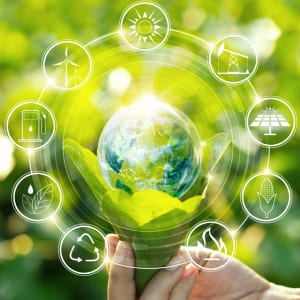
1. Sustainable Energy
Sustainable energy research is a top priority of United Nations Sustainable Development Goals (SDGs) to address global economic growth, environmental quality, and security. It is hereby of utmost importance to develop and explore all resources that can forecast a global green future without jeopardizing environmental, economic and social factors. In this session, we aim to explore the major efficient sources of sustainable energy for sustainable development across the globe.
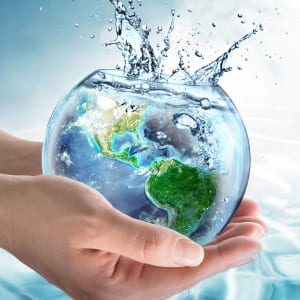
2. Innovation & Technologies for water management
Sustainable water management is the need of the hour and is a topic of global concern. There is growing need for a systematic effort to develop and accomplish water management structures. The goal of this session is to illuminate technological transformations digitalizing over conventional processes for water management with the aim to tackle water scarcity, water processing, and desalination.

3. Smart Transportation and Electric vehicles
Sustainable transport is one of the offshoots of the sustainable development. Its role was first acknowledged by United Nation’s Earth Summit. Electromobility and Sustainable Transportation systems play an essential component in decarbonizing road transportation. In this session, innovative solutions that would be able to effectively and reliably manage ways towards smart transportation, increase energy efficiency in electrified transport, network required to fulfill the charging requirements of electric vehicles shall be discussed.
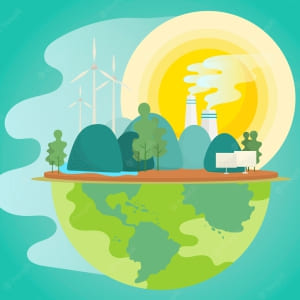
4. Climate Change
Global Climate change is real and is happening now. Energy efficiency and renewable energy, ecosystem, and economy are all being threatened by the climate change. It becomes an important subject area to explore and mitigate the harmful effects it can have on our planet in a few years. In this session, global climate change its impacts and future risks, and ways to mitigate the rate at which the climate change is taking place will be discussed.

5. Sustainable waste management
Sustainable waste management process entails monitoring and regulation of waste in a way that does not jeopardize the future generations at any cost. There are various categories of waste such as solid waste, liquid waste and gaseous waste which could be industrial, biological, household, organic, municipal, radioactive, and biomedical waste. There is a different arena for waste management which negates the ill effects of waste on health and the environment, this waste generated can cause various ill effects to health and to our natural resources. In this session, collection, transportation and mitigation of various types of waste with a main focus towards three R’s i.e. Reduce, Reuse and Recycle.
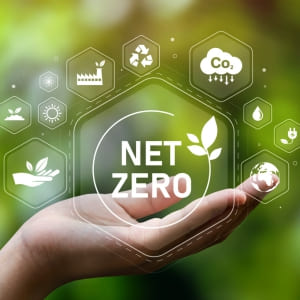
6. Net Zero: Energy & Technology
Achieving net zero targets will require bold transformation and use of new green technologies. All the changes required to how we live, connect and work to reduce carbon can be enabled by smart and green technologies in some way. In this session we aim to discuss about the achieving net zero through green innovations and deploying new ways of existing technologies.
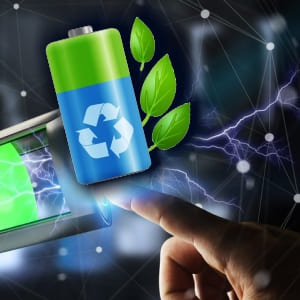
7. Smart technologies for sustainability
Earlier man relied on fossil fuels for energy consumption and there was increased dependence upon them but with the advent of renewables has decreased its dependence with low emissions of carbon. It is this replenishment of energy which acts as a precursor for effective utilization of these resources. Smart technologies with focus towards improving energy and environmental sustainability is of paramount importance. In this session, various innovation and research focussed particularly on the development and adaptability of smart technologies will be put forward for comprehensive understanding.

8. Eco-friendly battery technologies
Batteries can work their way up in storing energy in the form of electricity but batteries poses threat to environment. The batteries that we use commonly employ lithium ion but lithium has been known to be extracted from salt flats which uses large amount of water and which also entails mining that poses threat to the environment. Hence there is a dire need to invent batteries which are sustainable. The goal of this session is to explore new innovative technologies replacing conventional batteries for sustainable development.
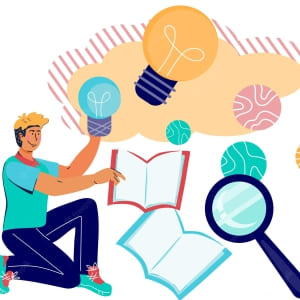
9. New education policy
New education policy is built on the foundational pillars of Access, Equity, Quality, Affordability and Accountability. It emphasizes on ensuring universal access to school education at all levels. In this session, various agendas such as infrastructure support, innovative education, new circular and pedagogical structure, reforms in school curricula and pedagogy, equitable and inclusive education, robust teacher recruitment career path will be focussed.
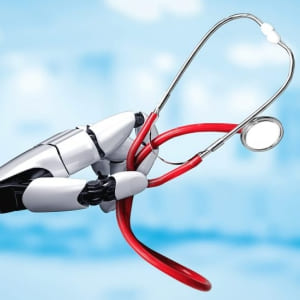
10. Artificial Intelligence in Healthcare
India’s healthcare system is bombarded with the disparities. Our healthcare system is paralyzed with the infections and non-communicable diseases and needs to get addressed at war footing. Most urban setup is equipped with best healthcare services that would take care of the rising issues with diseases. Our rural India lacks the diagnostics facilities hence it is of prime importance to set up such centers with smart healthcare. The main aim of this session is to explore and develop simple portable devices that will be employed even for non-medical personnel where they perform tests and the results are transmitted to trained medical professionals.
